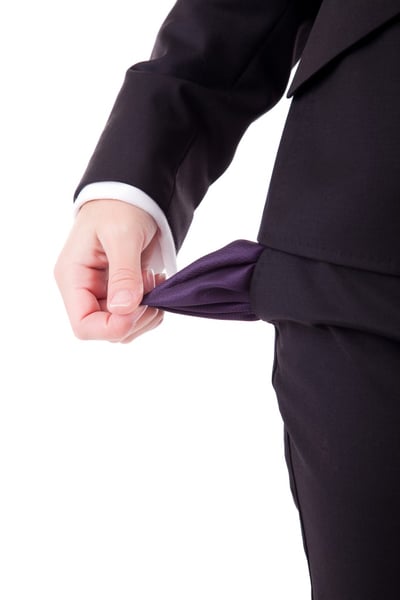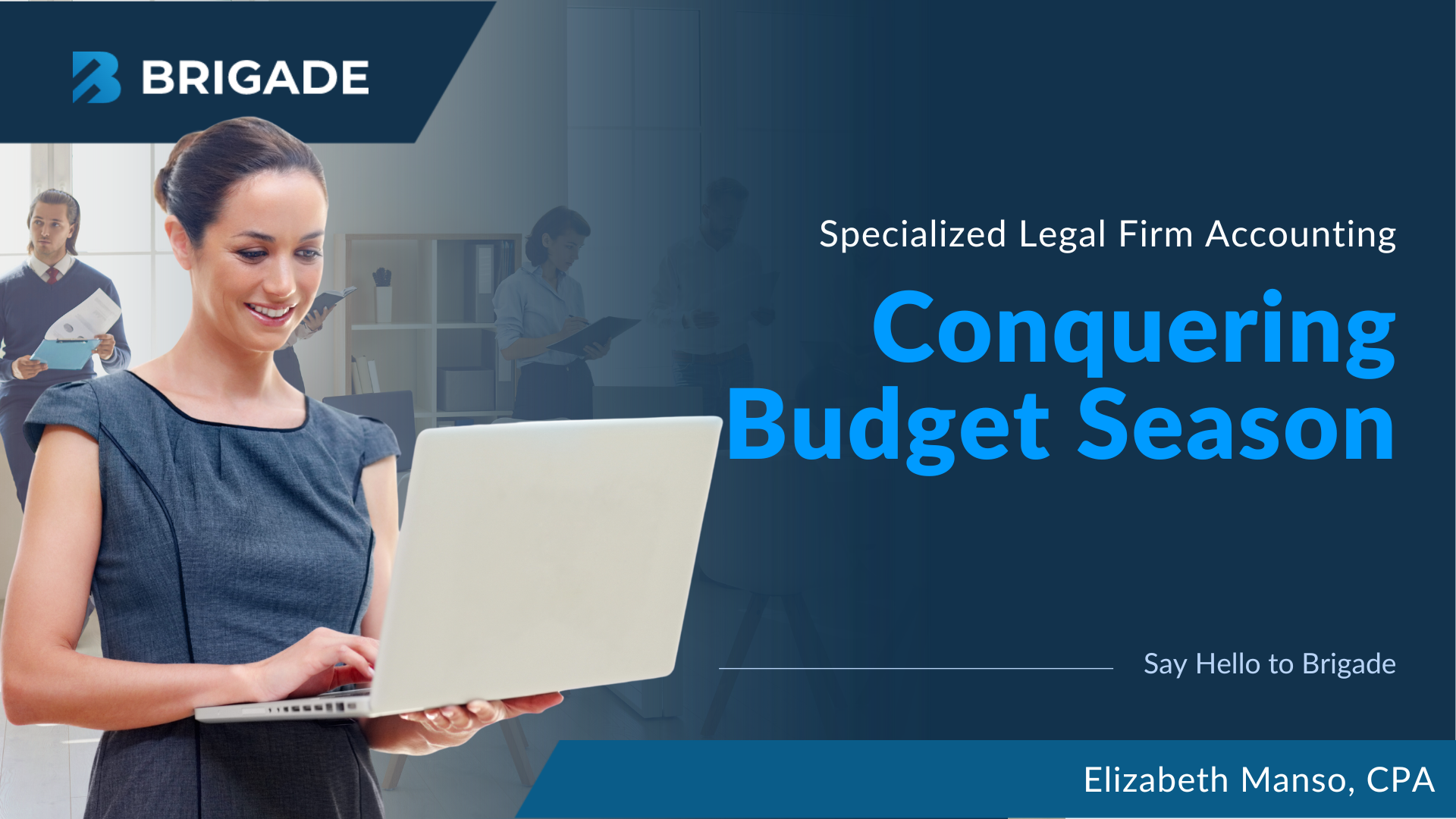 Remember getting your first paycheck? It may have seemed like you hit the jackpot if you were broke and fresh out of college or if you got your first paycheck while still in high school. There’s nothing better than that feeling of getting paid for a job well done! Then why is it that so many small business owners forget to pay themselves or choose not to?
Remember getting your first paycheck? It may have seemed like you hit the jackpot if you were broke and fresh out of college or if you got your first paycheck while still in high school. There’s nothing better than that feeling of getting paid for a job well done! Then why is it that so many small business owners forget to pay themselves or choose not to?
So many small business owners and sole proprietors I know write checks for employee salaries, healthcare costs, rent and expenses, but they never write a check for themselves. Instead, they choose to live off of what’s left after operating expenses or from company profits, but this could get you into hot water with the Internal Revenue Service, especially if you run a corporation.
As a bookkeeper, who happens to be an accountant, I always get asked how much money I think a business owner should make. I tell my clients that decision is ultimately up to them, but not without research first. So this week, I want to go over ways to set your salary if you’re a small business owner:
- HOW MUCH SHOULD I PAY MYSELF? -The answer is tricky because this number isn’t fixed. When you first start a business, you may be bringing in very little money, and your paycheck may reflect that. As your business grows and profits start trickling in, here is the key question to ask yourself when setting a salary: what do you do for the company? How much do people at other companies, with your title, make? Where are you located and how big is your business? These are important questions because larger firms often pay more than boutique ones. People who work in large, metropolitan areas tend to make more money than those who live in rural communities. If you are the president of the company, you would make more than an associate. The IRS knows the answers to these questions and uses them when calculating taxes. You should be doing the same.
- DON’T FORGET ABOUT TAXES – Speaking of the IRS, make sure when paying yourself that you take out taxes. All wages are taxable and if you take out too much, you may not get the money back. Your bookkeeper or accountant should be calculating your payroll taxes at least monthly or quarterly so you don’t get hit up with a large amount of taxes at the end of the year. Plus, you could face penalties for not taking out the proper amount of taxes at the appropriate time.
- PAY YOURSELF REGULARLY – Your numbers may constantly fluctuate when it comes to your company’s profits, but regularly paying yourself shouldn’t. Your accountant or bookkeeper should know how much money your company has in the bank and any large upcoming company expenses in order to change the amount you get paid if necessary. But you should never opt out from paying yourself regularly. Stick to a regular schedule.
- SEPARATE ACCOUNTS – It’s important for small business owners to pay themselves, rather than take money out of the business account to pay for personal expenses. Make sure you have a business account and a personal checking account where your regular paycheck is deposited. A lot of small business owners use their corporate credit card to pay for personal expenses, like dinners, the gym or even groceries. Your bookkeeper should be reconciling your bank statements monthly. It’s against the law to pay for personal expenses out of company funds, and the IRS could come after you for it, so make sure to keep the two separate.
- INCLUDE A BENEFITS PACKAGE – Do you offer your employees healthcare, a 401(k) plan or other benefits like a company cellphone? If so, then make sure you get the company benefits package too if it’s part of your company’s policy.
If you run your own business, make sure you get compensated for it. Pay yourself the right amount and on a regular basis, and you might just be smiling as big as when you received that first paycheck.
Have a great week everyone!

